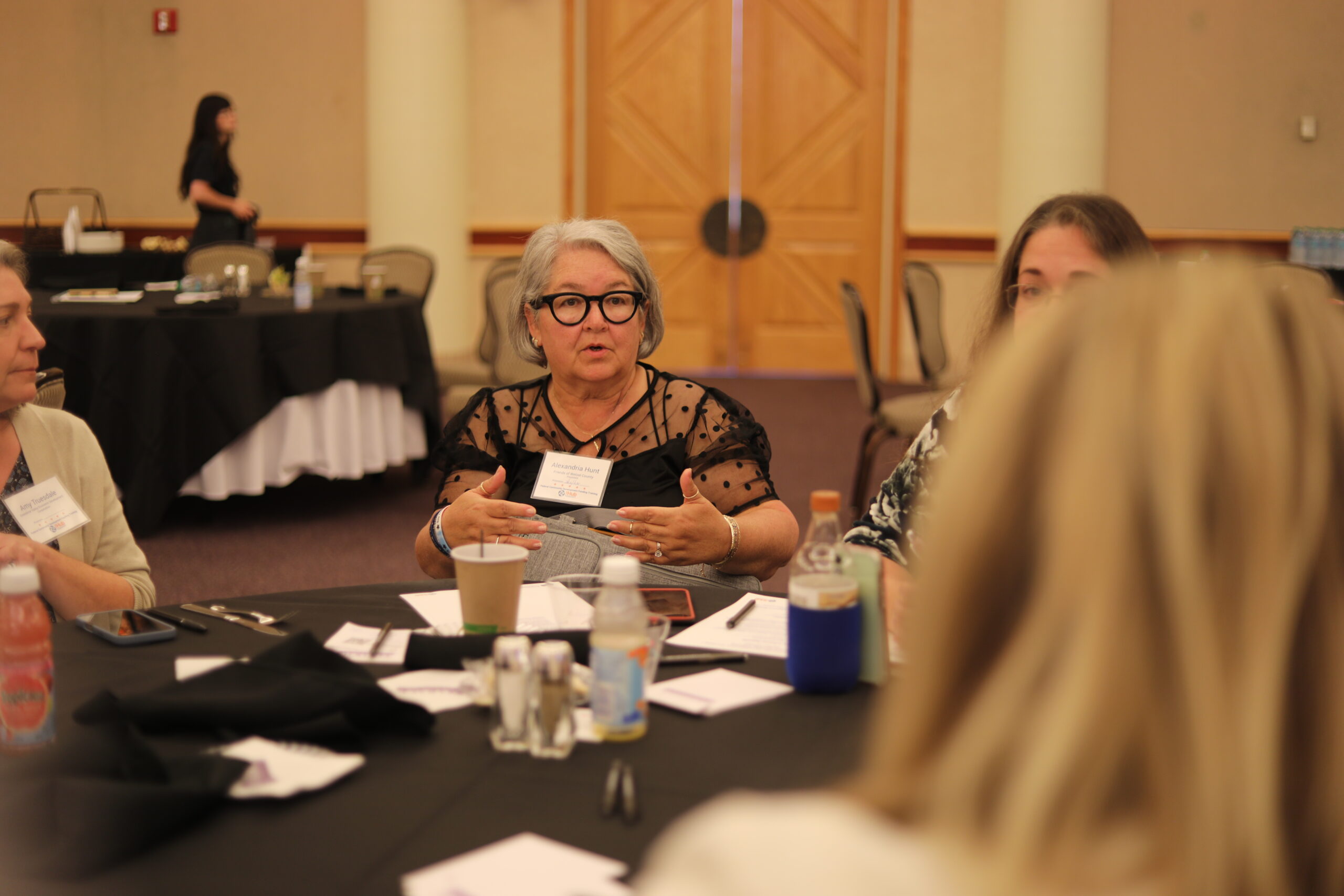
For Sandy Hunt, leaning into youth engagement is the key to community development
People often get involved with community development due to a desire to make their community better. This desire is rooted in bringing people together and

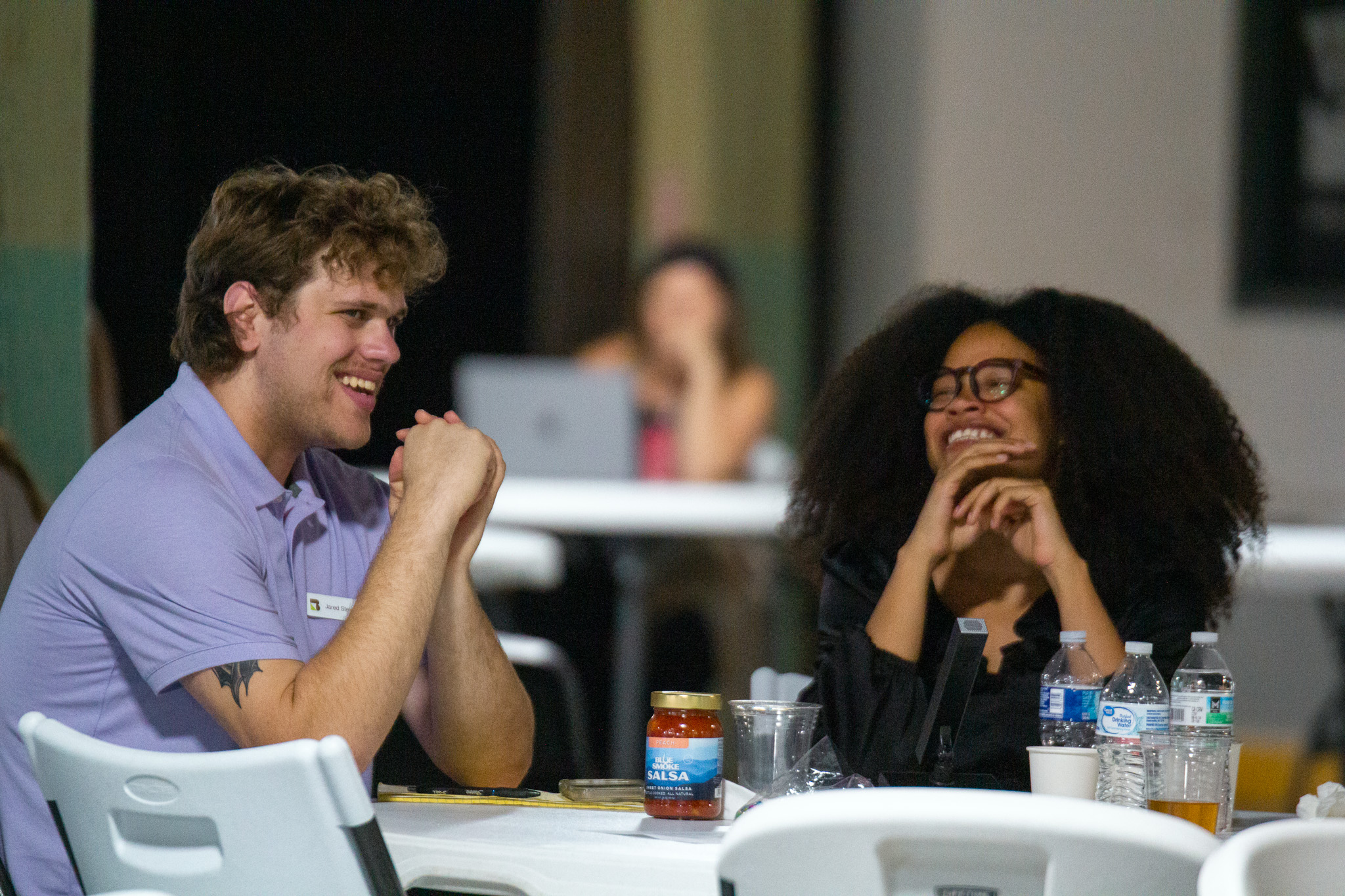
As we complete another year of transformative work, the Hub is committed to our mission, to communities across West Virginia, and to growing the connections among us. This year we coached, supported, connected, and convened, elevating the work of leaders and empowering communities to take action together.
2025 was a year of change and adaptation for The Hub. Our team, like many others, confronted unexpected challenges in funding cycles, resources, staffing, and partnerships. In the fall, we experienced a change in leadership as I stepped into the role of Executive Director, taking over from the formidable Stephanie Tyree, long-time leader, advocate, and visionary. I was lucky to join an already established and dynamic leadership team with Deputy Director, Katie Loudin and Chief Program Officer, Amanda Workman Scott. We continue to find joy creating new norms together and exploring new opportunities for the organization.
From a podcast in Wayne to a motel conversion in Kimball to a documentary watch party on Charleston’s West Side, we celebrated community wins. We were on national stages with the Chronicle of Philanthropy, championing the value of AmeriCorps through our network leadership, and supporting community-based leadership in bingo halls and church basements this year–showing up for West Virginians with care and support. These small acts have big outcomes, and we see the results as communities change and grow. We are proud to be part of that journey with you.
—Heather Foster, Executive Director
On behalf of the Executive Leadership Team
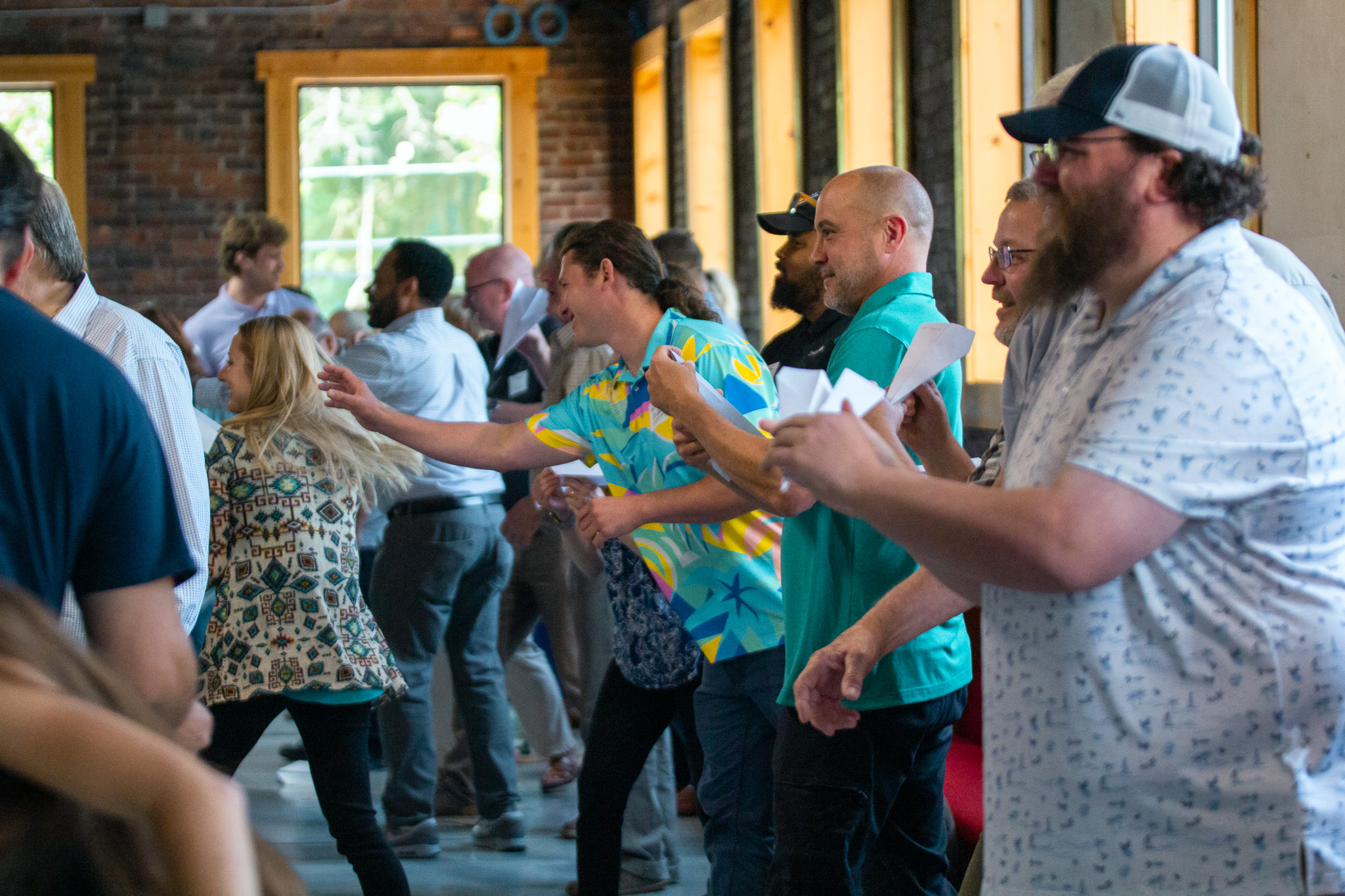
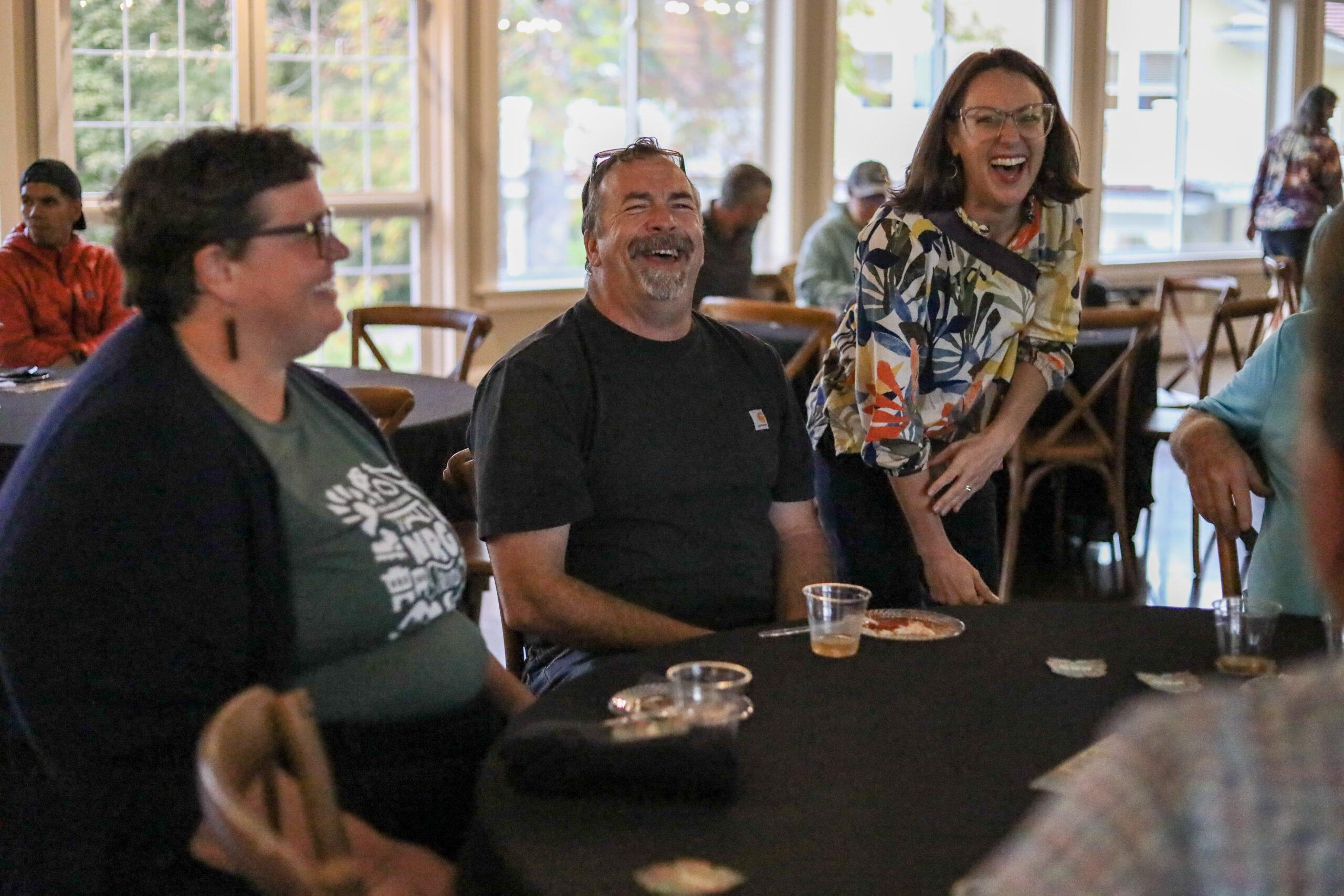
Through Hub-supported programs, communities received $405,400 program dollars to advance locally driven projects.
This represents funding that communities secured directly through programs and support provided by The Hub.
It shows The Hub’s role in helping communities turn ideas into projects, increasing local capacity.
Communities leveraged an additional $676,375 from outside sources, expanding the impact of Hub-supported projects.
These are additional funds communities secured from external sources, outside of The Hub, to support their projects.
This demonstrates a ripple effect in that The Hub’s support helps communities attract and unlock additional investment.
Participants contributed 6,035 hours of time and expertise through Hub coaching and engagement efforts.
This reflects the total number of hours participants spent engaging in Hub coaching programs and community engagement activities.
Volunteer hours highlight the depth of community participation and the energy people are investing to build skills, relationships, and local solutions.
In 2025, The Hub worked alongside 126+ partners to support community-led initiatives, trust-building and civic engagement activities.
The Hub actively collaborated with 126+ unique partner organizations during 2025.
Strong partnerships expand reach, share resources, and strengthen the collective impact of community-led work.
We would like to thank our private, philanthropic, and federal partners for supporting The Hub’s work: AmeriCorps, Appalachian Regional Commission, Claude Worthington Benedum Foundation, EQT Foundation, The Greater Kanawha Valley Foundation, Just Transition Fund, Mary Reynolds Babcock Foundation, National Association of Counties, New River Gorge Regional Development Authority, Resource Rural, Truist Foundation, Trust for Civic Life, US Department of Agriculture-Rural Development, US Economic Development Administration, and US Transportation, Housing & Urban Development.
We also deeply appreciate the sponsorship support from United Bank in 2025. Lastly, we couldn’t do this work without the dedicated financial and volunteer support of individuals across the region; you are the heartbeat of The Hub and we deeply appreciate your ongoing support. If you are interested in supporting The Hub, please consider donating to support our work and the work of community leaders across the state.

People often get involved with community development due to a desire to make their community better. This desire is rooted in bringing people together and
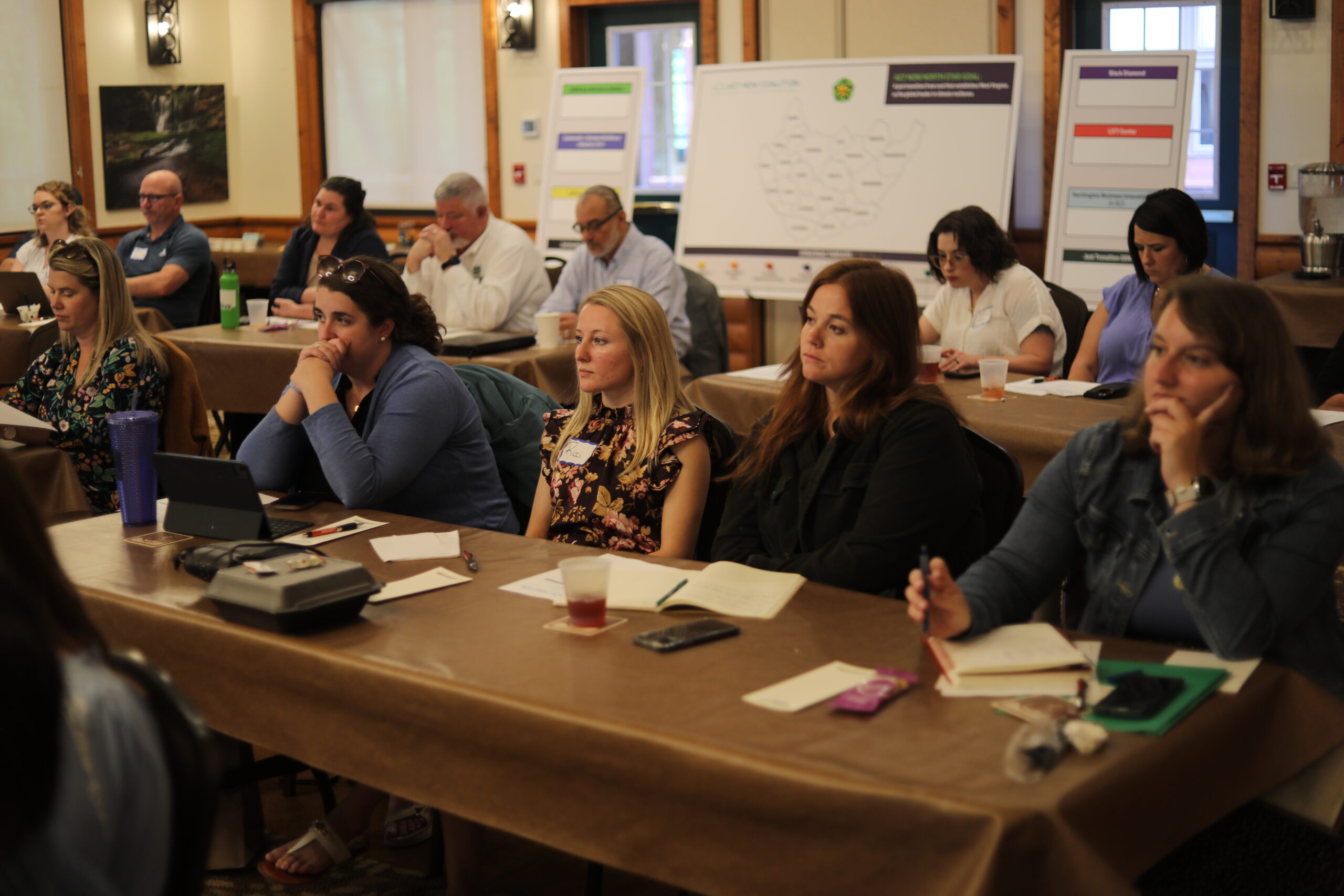
We at The Hub are thrilled to announce the newest addition to our team, Ricci LaRoue. Ricci will serve as the Community Coaching Programs Coordinator VISTA.

We at The Hub are thrilled to announce the newest addition to our team, Grace Lawson. Grace will serve as a Community Coaching Associate.
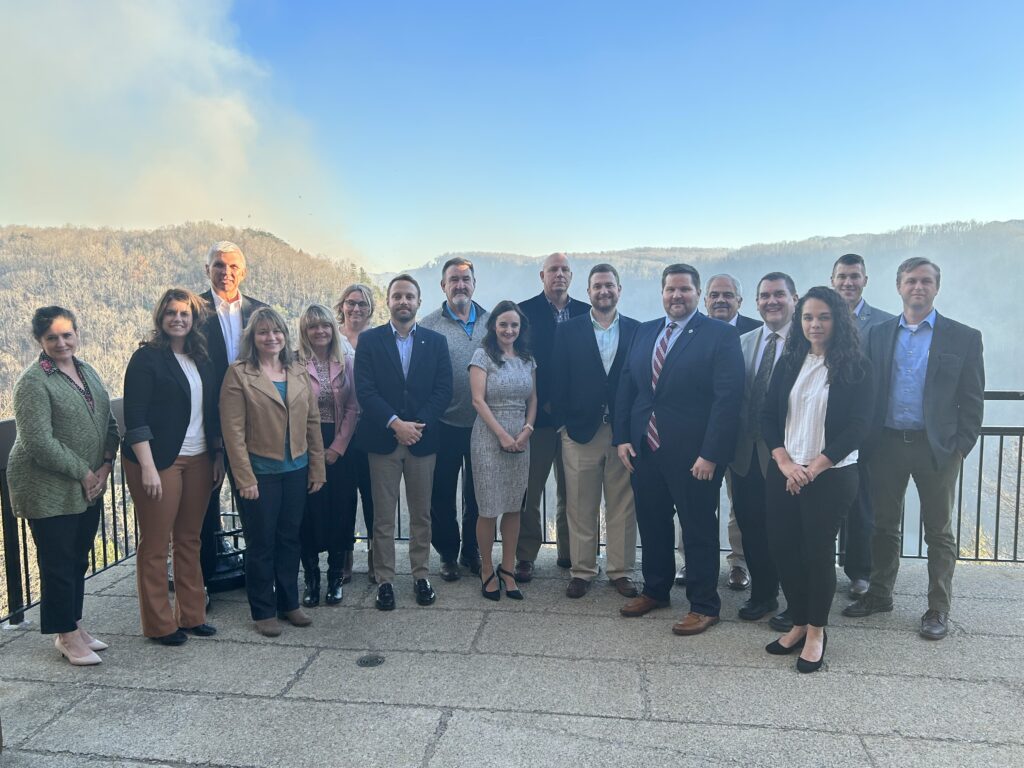
Our work is made possible thanks to incredible partnerships with other community development organizations across the state. From local economic development authorities (EDAs) to state level nonprofits working to uplift communities, all of our partners are crucial in making West Virginia the best it can possibly be by working together.
One partner that made our work truly profound this year is Coalfield Development. For years, Coalfield Development has worked to rebuild Appalachian communities by inspiring the courage to grow, activating the creativity to innovate, and cultivating communities of opportunity in central Appalachia.
We are proud to be part of Coalfield Development’s ACT Now Coalition, a broad network of organizations working hand-in-hand to uplift communities throughout Southern West Virginia. The ACT Now Coalition is infusing more than $63 million into programs to help communities using business development, building revitalization, and so much more.
The Hub is leading the Community and Business Resilience Initiative as part of the larger ACT Now Coalition to bring other partners with us to build up community and business resilience in the Coalition’s footprint.
“For decades, we’ve known the economy of southern West Virginia needs diversification. Some progress has been made on this goal, but not nearly enough,” Brandon Dennison, CEO of Coalfield Development, said about the ACT Now Coalition. “ACT Now constitutes a tangible opportunity to take a major leap forward in this generational challenge to become a vibrant, growing, diversified economy. In the wake of continued coal-job losses, nothing could be more important for our region.”
Our partnership with Coalfield Development is giving us a chance to take our work to new communities and to build upon our years of experience. Working alongside Coalfield Development in this large undertaking to bring $63.8 million to communities in Southern West Virginia is validation that the work happening to uplift West Virginia communities continues to grow.
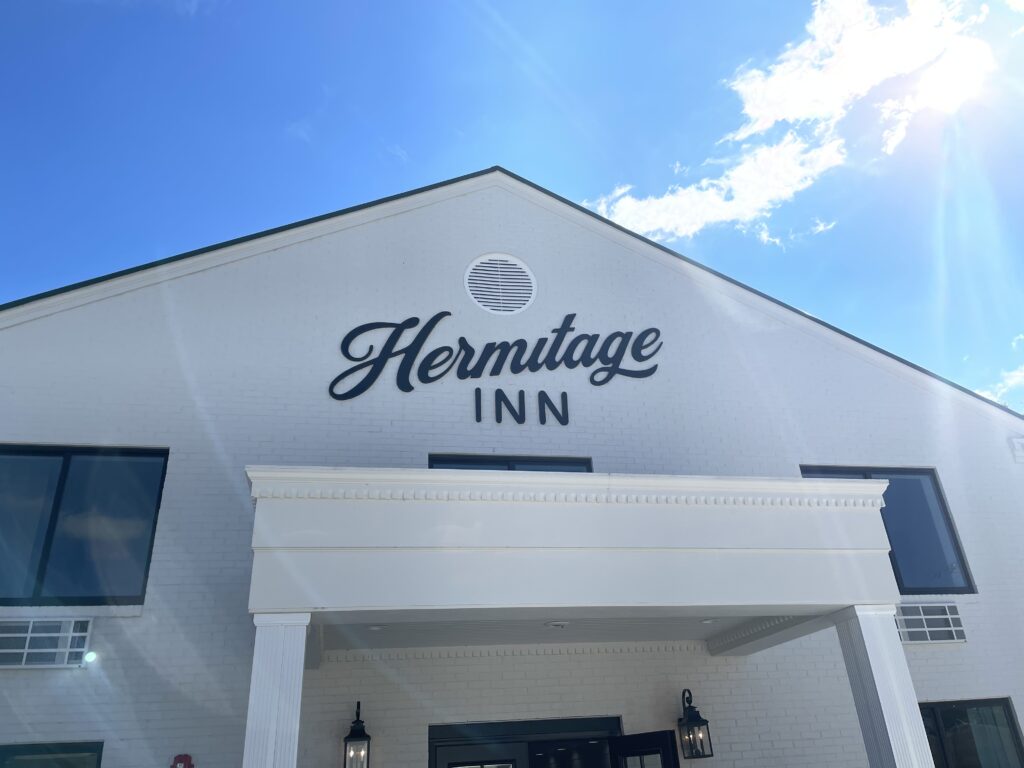
The Hub works alongside communities across West Virginia coaching community teams as they come together to make transformative changes in their towns. In 2022, one town stands out for its continued work and unwavering commitment to making its community a place where people want to live, work, play, and visit.
Petersburg, located in Grant County at the northernmost point of the Mon Forest, is filled with community members who want to make their town a destination. Not only have businesses opened, and stayed open, the town has transformed the way they present to the world through rebranding and outdoor recreational development.
As part of the HubCAP IV program, Petersburg utilized its technical assistance to push forward with projects to bring transformative change to its community. Part of the work Petersburg worked towards was creating plans to pave a hike and bike trail that runs along the Petersburg dike. The proposed trail will run approximately three miles along the Petersburg dike and will include multiple entrances for walkers and bikers. The group secured a $25,000 grant from Senator Hamilton, which was matched locally by the City of Petersburg, the County Commission, and the Board of Education, each adding an equal share to bring the total to $50,000.
This year, Petersburg witnessed a major upgrade to one of the town’s most iconic and historic structures: The Hermitage Inn. The hotel, which dates back to 1841, has been renovated and once again welcomes guests to stay the night and have a nice dinner in the restaurant.
The Hermitage Inn is the first project initiated and completed as part of the Downtown Appalachia: Revitalizing Recreational Economies (DARRE) program. Seeing the old hotel returned to its majesty has been an incredible development for Petersburg adding another jewel to the downtown area.
Seeing Hub communities come together to create transformative change thrills us. Community members are the subject matter experts on what their towns need. Our commitment to accompaniment and walking alongside communities as they do the hard work guides us in our work. Celebrating their victories with them gives us a moment to uplift those making the work happen.
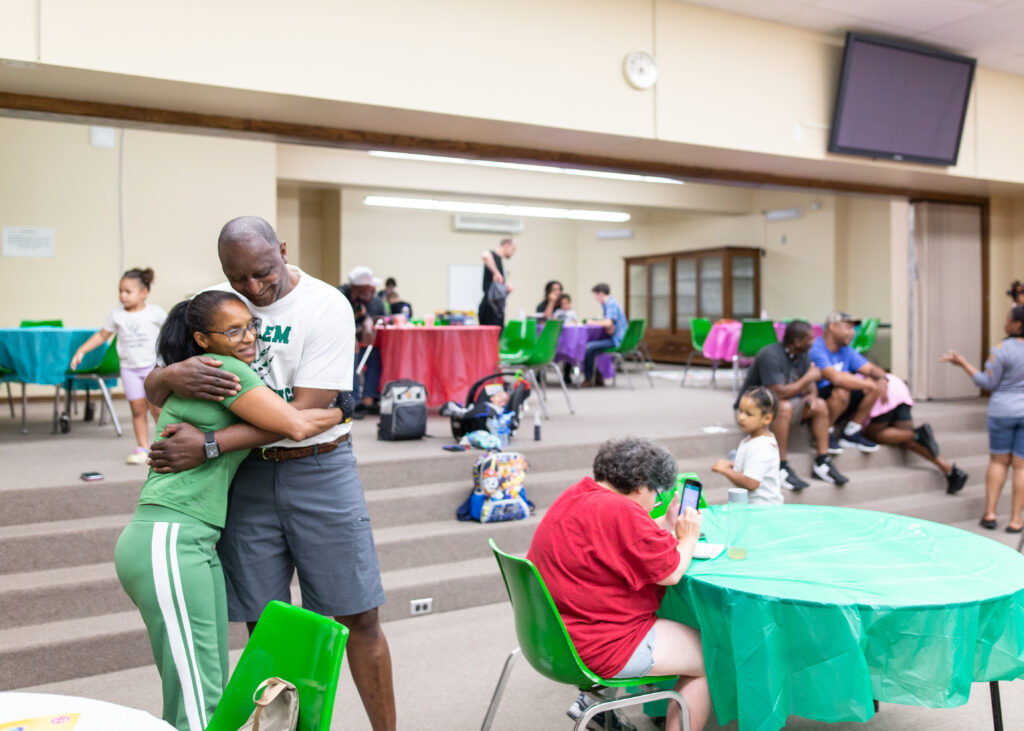
Since 2018, The Hub has been working diligently to bring Diversity, Equity, and Inclusion into our work. For years, the organization has been working internally to expand on one of our core values: “We believe diversity creates strength.”
We believe that now is a time when we must work from the ground up to commit to long-term efforts to build power through leadership development, programmatic strategies, and partnerships that commit to building power and advancing racial equity.
Looking back at our organizational history, we acknowledge that our work in rural communities with populations of less than 15,000 has not reached a diverse cross-section of people in West Virginia. Because of this, we began to ask, “Who isn’t here?” when examining our involvement in communities. The social unrest in 2020 led us to examine our role in white supremacy, ableism, classism, and gender discrimination, and the ways we have perpetuated unjust systems in our communities and across West Virginia.
Since 2020, our equity journey has included a staff racial equity learning series, making internal commitments to increasing our hiring and retainment of diverse staff including creating full-time Racial Equity Fellowship and VISTA positions, committing to increased coaching for rural communities of color across the state, and tackling the inherent challenges of advancing equity across the community development field within a highly rural, majority white state where Black and brown leadership has been historically marginalized and under-invested.
Our belief in the power of local people to see the value and the potential of their place, and of each other, is at the core of our belief in the potential we have to build power in West Virginia to advance racial equity, inclusion, and accessibility while disrupting systems that have historically excluded some communities.
We are committed to engaging in conversations to uplift communities and leaders of color to move from talk to action on why race matters in West Virginia as we work to disrupt these systems. We will support investment in Black-led organizations and rural Black leadership. And we are committed to driving public and private investments into these spaces, both organizational and geographic.
A core team led by Unleash Tygart, Inc participated in Opportunity Appalachia, receiving technical assistance to support a community development project located in an Opportunity Zone.
Core teams led by Thundercloud, Inc. and the City of Huntington participated in Opportunity Appalachia, receiving technical assistance to support community development projects located in Opportunity Zones.
A core team led by Crawford Holdings, LLC participated in Opportunity Appalachia, receiving technical assistance to support a community development project located in an Opportunity Zone.
Residents participated in round 4 of The Hub’s capstone Communities of Achievement program with a focus on building local recreational economies.
Residents participated in round 4 of The Hub’s capstone Communities of Achievement program with a focus on building local recreational economies.
Residents participated in round 4 of The Hub’s capstone Communities of Achievement program with a focus on building local recreational economies.
Residents participated in round 4 of The Hub’s capstone Communities of Achievement program with a focus on building local recreational economies.
Residents participated in round 4 of The Hub’s capstone Communities of Achievement program with a focus on building local recreational economies.
A core team led by Woodlands Development Group also participated in Opportunity Appalachia, receiving technical assistance to support a community development project located in an Opportunity Zone.
Residents participated in round 4 of The Hub’s capstone Communities of Achievement program with a focus on building local recreational economies. Read their community case study.
Residents participated in the Blueprint Communities* program to engage their neighbors and co-create strategic plans for their future.
Residents participated in the Blueprint Communities* program to engage their neighbors and co-create strategic plans for their future. Read their community case study.
Residents participated in the Blueprint Communities* program to engage their neighbors and co-create strategic plans for their future. Watch their community documentary.
Residents participated in the Blueprint Communities* program to engage their neighbors and co-create strategic plans for their future. Read their community case study.
Residents participated in the Blueprint Communities* program to engage their neighbors and co-create strategic plans for their future.
Residents participated in the Blueprint Communities* program to engage their neighbors and co-create strategic plans for their future.
Residents participated in the Cultivate WV program to kickstart community and economy building. Read their community case study.
Residents participated in the Cultivate WV program to kickstart community and economy building. Read their community case study.
It has been a year of abundant opportunities and partnerships across the state, and a year that has pushed all of us to work harder, faster, and smarter – together.
At The Hub, we say that “the work works when you put in the work.” This means that our approach to community-based development, and individual leadership development, really does transform local communities, especially when we all work together for the same goal, and stay committed to working together for the long haul.
In 2023, we continued to be amazed at the local leadership, drive and innovation we saw in communities throughout the state that are building locally-driven development from the ground up. Our network of community leaders, partners and opportunities keeps growing and shows no signs of slowing in 2024!
We extend our deepest gratitude to everyone for being part of the larger Hub community as we reflect on this year’s deep impact in West Virginia communities through our work. We are thrilled to have champions who believe in our mission that every community in West Virginia can achieve economic growth when they are supported with the tools and training they need to lead and spark positive change.
We believe strongly in the fact that putting in the work yourself to improve your neighborhood, your town, and our state is where true transformational change happens. With strategic partners and thought leaders like you in the work with us, we continue to be able to walk alongside community teams as they do the work to uplift their communities.
Thank you to all of the community teams and leaders who are brave enough to keep showing up every day, and putting in thousands of hours of volunteer time to support your communities and the entire state. Your determination in the face of difficult work and far-off successes is something to applaud yourself for – and to celebrate.
Whether you’re volunteering on the ground in your community, sharing our stories of hope with your friends and neighbors, or attending a virtual event with The Hub, your participation in our work is what keeps it going. Thank you for all your work and support this past year, and we are excited to continue in the work with you in 2024!
In Continued Accompaniment,